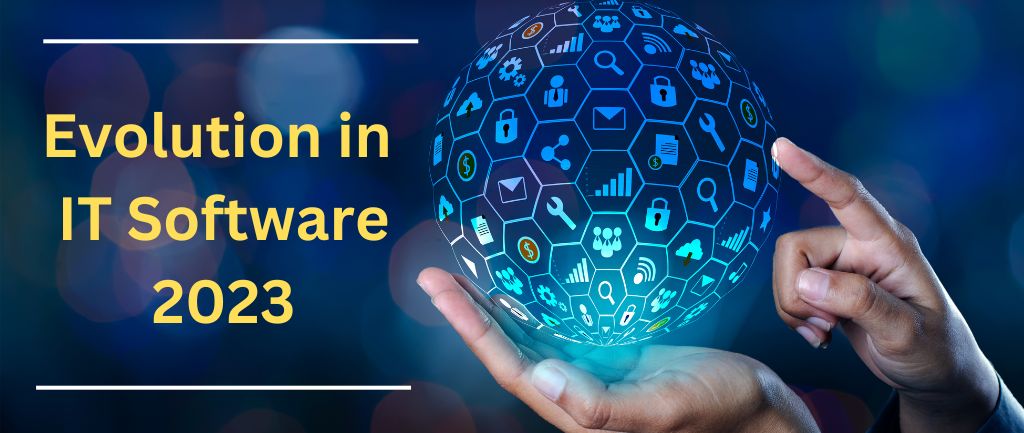
How IT software is evolving and how businesses are leveraging IT
The information technology (IT) industry in India is a significant contributor to the country’s economy and is one of the fastest-growing sectors. According to a report published by the India Brand Equity Foundation (IBEF), the IT industry in India is valued at around $191 billion, making it one of the largest IT industries in the world. The industry employs around 4 million people directly and supports the employment of an additional 10 million people indirectly.
The IT industry in India is driven by a number of factors, including a large pool of skilled labour, a favourable business environment, and the growth of the digital economy. The industry is divided into two main segments: software services and hardware manufacturing. Software services, which include activities such as software development, consulting, and IT-enabled services, account for the majority of the industry’s revenue. Hardware manufacturing, which includes the production of computers, peripherals, and other electronic devices, is a smaller but growing segment of the industry.
Information technology (IT) is constantly evolving and has had a significant impact on businesses in recent years. Some of the key ways in which IT is evolving and the way it affects businesses includes:
- Cloud computing: Cloud computing has emerged as a major trend in IT and has revolutionized the way businesses access and use computing resources. It allows businesses to access a wide range of computing services, such as storage, networking, software, analytics, and intelligence, over the internet (the cloud). This can improve business agility, reduce costs, and increase scalability.
- Artificial intelligence (AI) and machine learning: AI and machine learning are enabling computers to perform tasks that typically require human intelligence, such as speech recognition, image classification, and decision-making. These technologies are being used in a variety of industries to automate processes, improve efficiency, and provide personalized experiences.
- Internet of Things (IoT): The IoT refers to the network of physical devices, such as sensors and appliances, that are connected to the internet and can communicate with each other. These devices can collect and exchange data, enabling businesses to monitor and control their operations in real-time. The IoT has the potential to transform a wide range of industries, from manufacturing and transportation to healthcare and agriculture.
- Blockchain: Blockchain is a distributed ledger technology that allows for the secure and transparent recording of transactions. It has the potential to disrupt a number of industries, including finance, supply chain management, and real estate, by enabling secure and efficient record-keeping and reducing the need for intermediaries.
- Mobile First: Mobile-first design is a technique that prioritizes web sites for mobile devices. This trend is popular because mobile is the way most people access the internet. An incredible 90% of web traffic comes from smartphones and tablets, so it’s essential that your site be optimized for these platforms.
The IT industry in India has a significant impact on the country’s economy and is a major contributor to its growth. It is also a major contributor to the country’s foreign exchange earnings, with exports of IT products and services accounting for around 15% of India’s total exports. The industry is expected to continue to grow in the coming years, driven by factors such as the increasing adoption of digital technologies and the growing demand for IT services.
IT has the potential to significantly impact businesses in many ways. For example, adopting cloud computing can help businesses reduce their IT costs and improve their agility, while AI and machine learning can help businesses automate processes and improve their decision-making. The IoT can enable businesses to improve their operations and customer experiences, and blockchain can help businesses improve the security and transparency of their transactions. It’s important for businesses to stay informed about these trends and consider how they can take advantage of them to remain competitive and meet the needs of their customers.